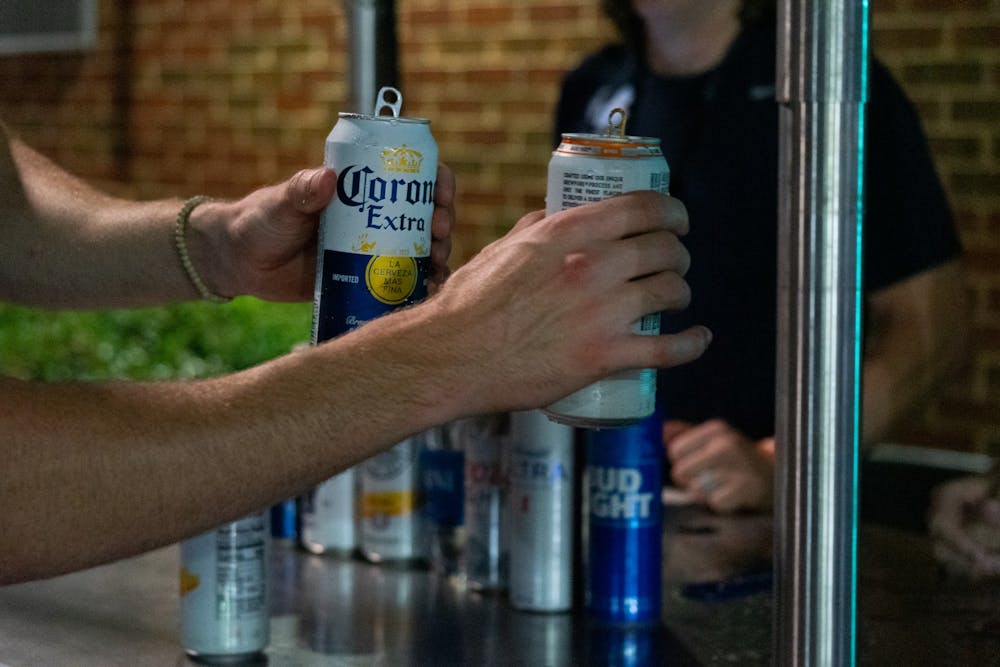What is "sober curiosity" and why has it been such a hot topic in the wellness world?
First things first, there's a difference between sober curiosity and sobriety. When an individual has completely eliminated alcohol from their life, they are exercising their sobriety. When someone experiments with eliminating alcohol from their day-to-day life, they are sober curious.
The key difference? The former completely stops drinking. The latter does not. Ultimately, sober curious individuals will merely question the ubiquitous nature of drinking with socializing, health, time and life.
Sober curious individuals are looking to answer a simple question: Why?
Why does alcohol hold such a prominent presence in human interaction?
We can find answers in habits formed from following societal norms. We equate drinking with socializing because of all the times when the two go hand-in-hand. We watch a football game and drink. We go to concerts and drink. We go to parties and drink. The list goes on.
Generally, humans are creatures of habit, and a lot of people are starting to question the convention of drinking as it's become, well... a habit.
According to the podcast "Champagne Problems" by Robbie Shaw, Sam Hampson and Patrick Balsley, sober curiosity is a health movement that asks: "Where does vibrant wellness live?"
Sober curiosity is establishing a strong presence on social media, podcasts and wellness journals for the impacts it has on one's health.



